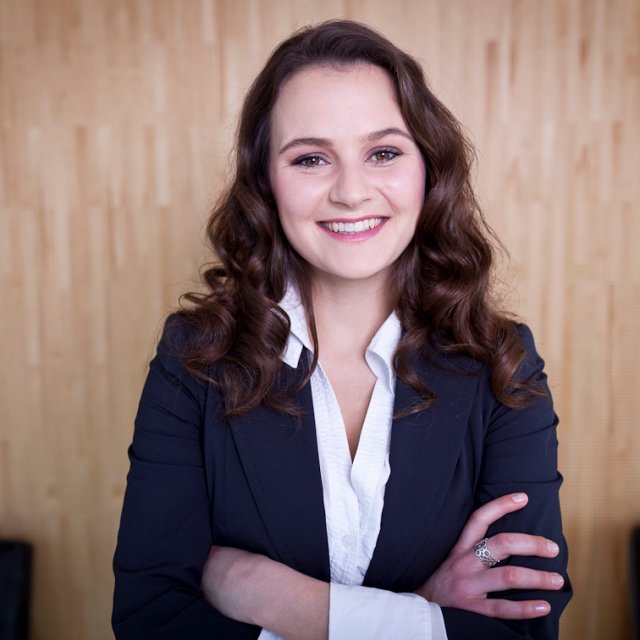
Train-and-study programme
Our train-and-study programme offers a master’s degree and vocational training in one go for school-leavers ready to build their career both academically and on the job.
properties.trackTitle
properties.trackSubtitle
Combine theory and practice to accelerate your career in the fascinating world of reinsurance
This programme is designed to give you the best of two worlds condensed in just four and a half years – a master’s degree and vocational training – for a perfect start in the world of insurance. After two and a half years of vocational training, you take exams to acquire the Chamber of Commerce and Industry qualification. After the qualification, you work while preparing for your bachelor’s and obtain your bachelor’s degree after three years. The programme culminates with a Master of Science degree after just four and a half years.
During the vocational-training phase – the first two and a half years – we offer frequent training courses. For your vocational and scholastic training units, you join small project groups in private lessons led by specialists. You then spend three days a week at our company and two days at the university.
After completing your vocational training and bachelor’s degree, you will go on a 6-month assignment abroad to gain valuable international experience.
Once you have returned from your assignment abroad, you alternate between the company and the university to study for your master’s thesis at several-months intervals. This allows you to work on your degree while you grow into taking on more responsibility and challenging projects on the job.
Programme highlights in a nutshell

Gaining insight into the central divisions, the internships with sites in the international organisation, such as in Brazil and Italy, as well as collaboration in projects also gave me the opportunity to acquire a thorough understanding of the company.
Programme goals in a nutshell
International Business Management
Das wirst du erreichen
Contents and structure of the economics programme
Competencies (Bachelor)
Students are thereby enabled to understand and analyze specific issues and problems of globally operating companies and multinational corporations. This also includes the ability to analyze quantitative data using appropriate statistical and econometric methods, as well as advanced knowledge of at least one foreign language other than English.
Information about the Masters
Students develop a comprehensive understanding of the complexities in the international environment and acquire skills to operate successfully in this international setting. Emphasis is placed on analyzing the opportunities for companies to adapt their operations to different laws, business practices and cultures around the world.
Competencies (Masters)
The curriculum of the English- speaking program extends over a period of four semesters and is made up of 9 core areas that teach the theoretical and practical fundamentals of the work of internationally active companies, an elective area of Area Studies that focuses on geography and language, and the master's thesis.
Curious about the Economics programme?
Business mathematics
Business mathematicians are actuaries. These scientifically trained, certified experts use mathematical methods – from probability theory and statistics to the mathematics of finance – to analyse issues in the areas of insurance, investment and old-age pensions. They draw up insurance products, estimate risks and calculate premiums.
The focus of this programme is on enabling students to meet the practical requirements of the job market in the financial sector and insurance industry. It teaches students to
- analyse scientific problems with business processes
- develop solutions using mathematical and statistical models
- implement practical solutions using information technology.
Programme goals in a nutshell
Contents and structure of the business mathematics programme
Mathematical subjects and Information technology
Analysis, linear algebra, stochastics and statistics, differential equations, Basics in Information technology, programming, software engineering, databases
Economics
Management, financial instruments, accounting, value-based and risk-oriented business management
Actuarial Science and statistics
Mathematics of finance, statistical applications, statistics, personal and property indemnity insurance mathematics, modelling
Curious about the business mathematics programme?
Business Informatics
Programme goals in a nutshell
Contents and structure of the business mathematics programme
Orientation phase
This first orientation phase serves to convey the methodological basics for your studies. This gives you an early impression of the issues and concepts that are relevant for your further studies.
Bachelor phase
Building on the theoretical foundations, this phase focuses on practice-related courses. Here, the skills needed to secure a professional qualification are taught.
Freedom of design
You have the possibility to choose from a wide range of methodological basics, especially in the field of Data Science. This allows you to set your own priorities and develop an individual profile.


